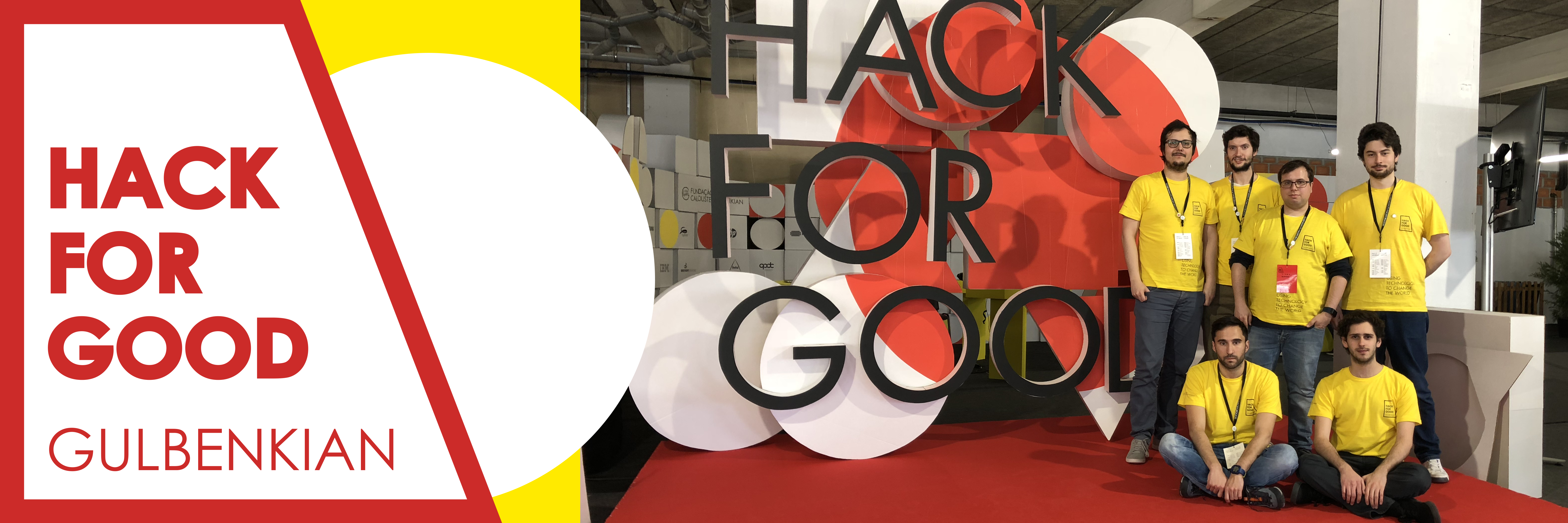7.5.2018
During this weekend’s Hack for Good hackathon, FhP-AICOS' researchers António Sousa, Eduardo Pereira, Paulo Torres da Silva, Ricardo Graça, Ricardo Peixoto, and Tiago Borba created LITmaker - an interactive educational platform for smartphones for children to learn programming. The team finished in 3rd place, moving on to the next stage of the competition.
Hack for Good is a two-day non-stop development marathon organized by Calouste Gulbenkian Foundation to encourage the development of technological solutions to social challenges. Throughout the weekend dozens of "hackers" gathered at Palácio dos Correios, in Porto, for the third edition of the Hack for Good challenge. Participants, from a variety of fields, worked on apps, websites, platforms or even physical prototypes aimed at solving specific societal problems.
This year's edition added the theme "Children & Youth Well-Being" to the challenges from previous editions: “Elderly Well-Being” and “Social Integration of Refugees and Migrants”.
The spirit to do good is also the cornerstone of the work developed at FhP-AICOS, the mission of which is to enhance living standards by offering people intuitive and useful technology solutions.
The culmination of the weekend’s activities was a prototype geared towards making programming accessible to children in diverse settings. Called LITmaker, it is an interactive educational platform based on the use of smartphones to do programming.
Knowing most children these days will go on to have a job related to technology fields, the researchers set out to build a tool to teach children computational thinking in a fun and interactive way.
Through a mobile user interface, children do not have to write code, but, even still, they can apply algorithmic and programming concepts. Being a low-cost tool, it is especially suited for low-resource areas, promoting equal opportunity in education even in schools where children do not have access to computers.
The team is now headed for the Hack for Good Bootcamp, running from May through November, where they will keep working on the idea through access to content, mentors, partners and experts.
 Fraunhofer Center for Assistive Information and Communication Solutions – AICOS
Fraunhofer Center for Assistive Information and Communication Solutions – AICOS